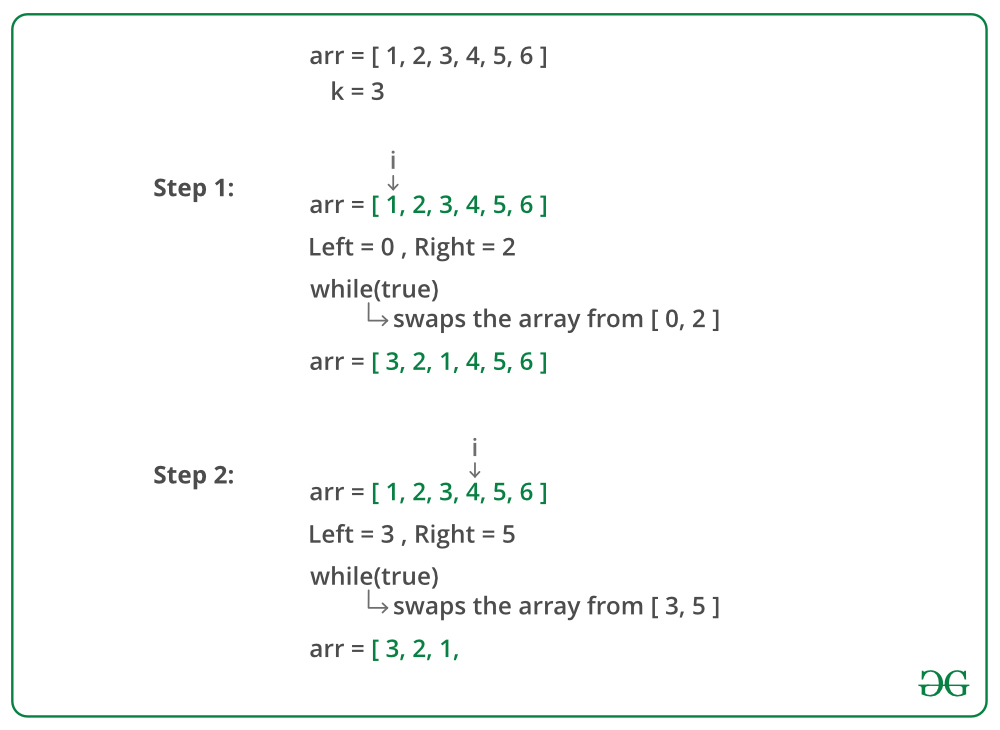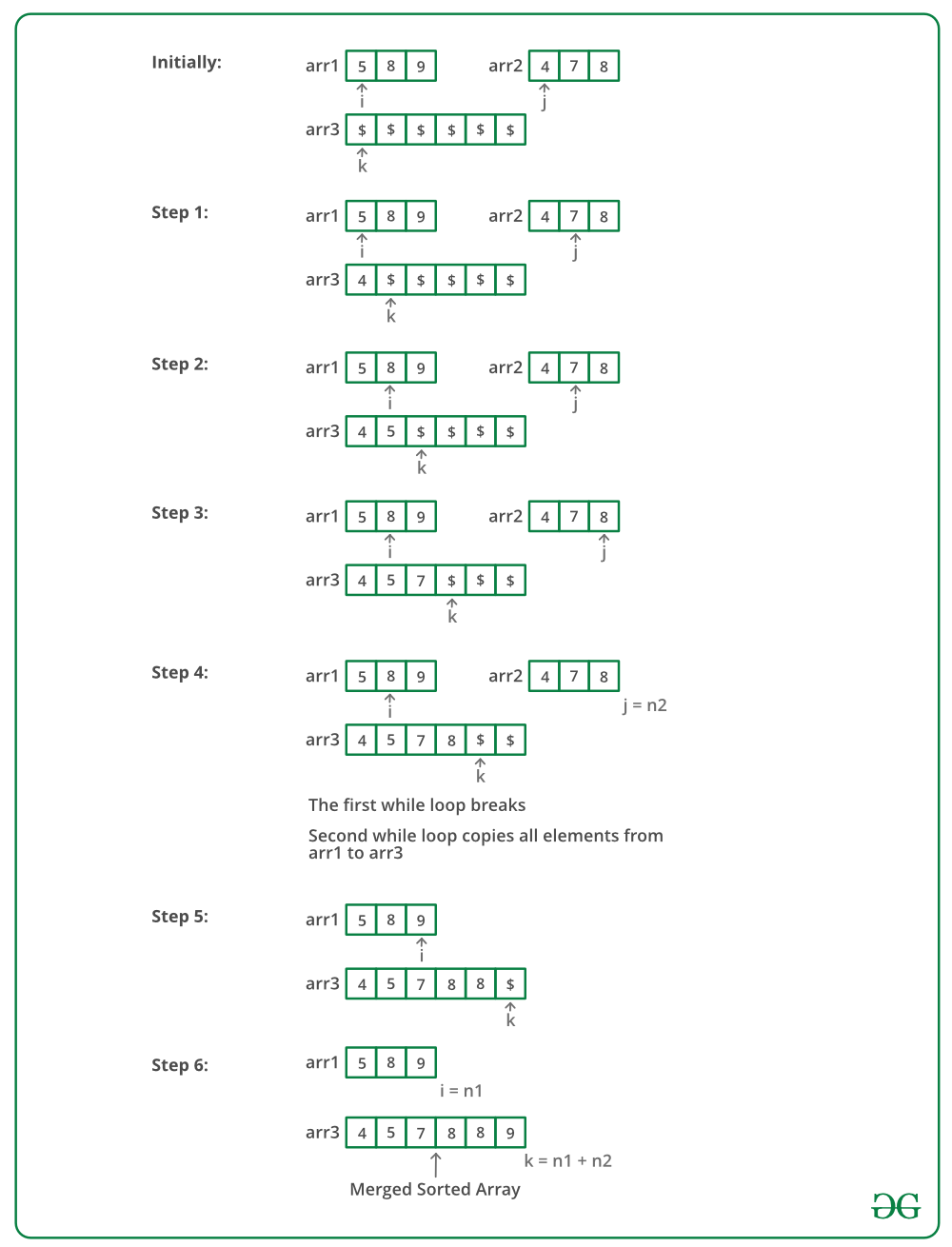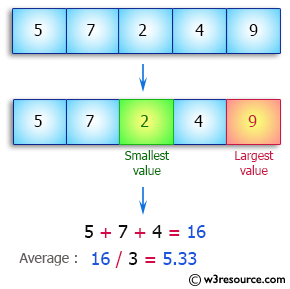Ruby Array Find First Condition

Returns a new array.
Ruby array find first condition. Find takes a callback where a boolean condition is tested. A q r s t a. See also array last for the opposite effect. Returns the first element or the first n elements of the array.
First 2 q r. The numbers within the square brackets are indexes to the array. The above line returns the first and the second element numbers 1 and 2 of the numbers array. First q a.
The first index is 0 which returns the first element. The enumerable mixin provides collection classes with several traversal and searching methods and with the ability to sort. O n while that lookup for a hash will be constant time i e o 1 so if you array is constant for example it is a good idea to use a set instead. The function returns the value not the index.
The first tsource ienumerable tsource method throws an exception if source contains no elements. When a size and an optional default are sent an array is created with size copies of default take notice that all elements will reference the same object default. Puts numbers puts numbers. The second form creates a copy of the array passed as a parameter the array is generated by calling to ary on the parameter.
Note that if you have many values in your array they will all be checked one after the other i e. If no order is defined it will order by primary key. If the array is empty the first form returns nil and the second form returns an empty array. In the first form if no arguments are sent the new array will be empty.
For example to identify the first entry in the sharks array that contains the letter a you could use the each method to compare each entry and stop iterating when you find the first one like this. The find method locates and returns the first element in the array that matches a condition you specify. For finding the first element in an array which matches a boolean condition we can use the es6 find find is located on array prototype so it can be used on every array. The class must provide a method each which yields successive members of the collection.














































